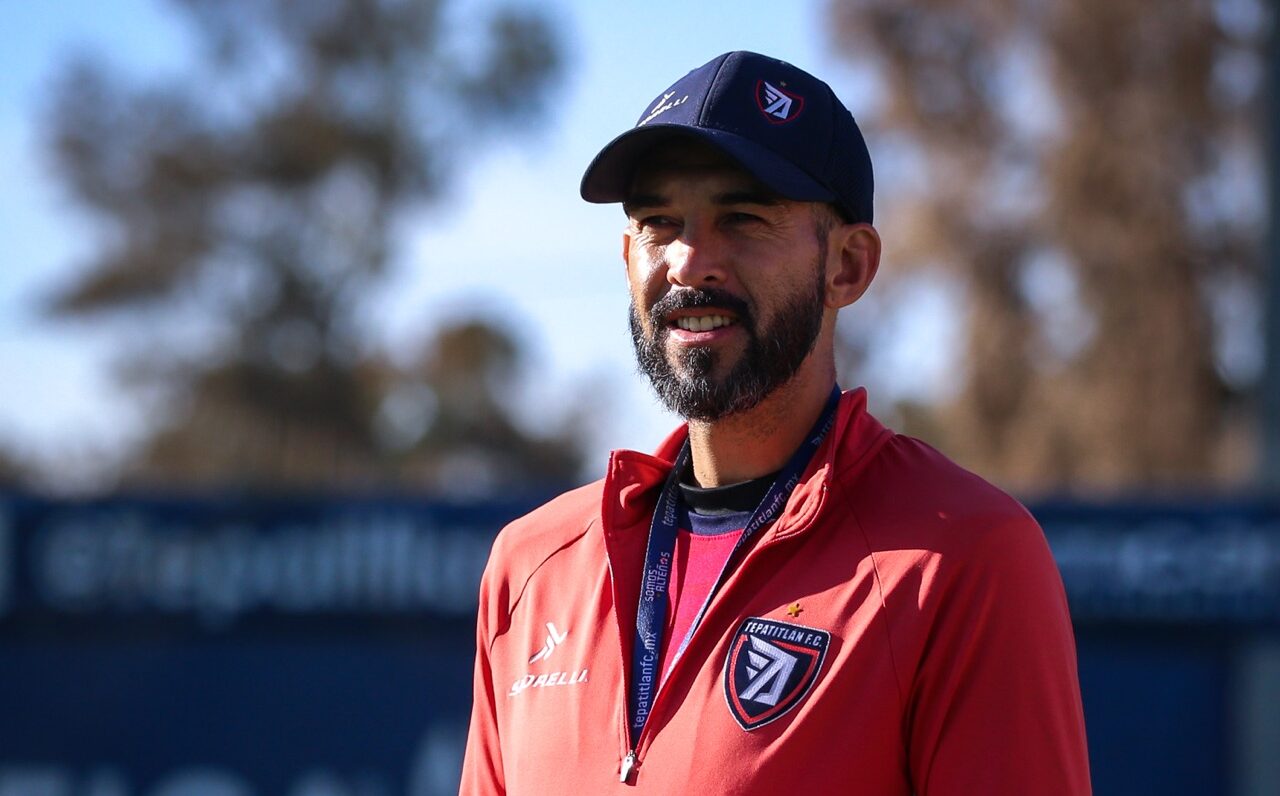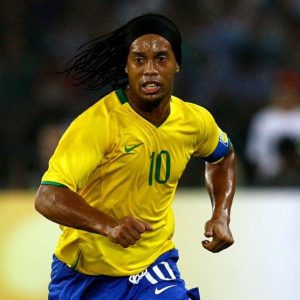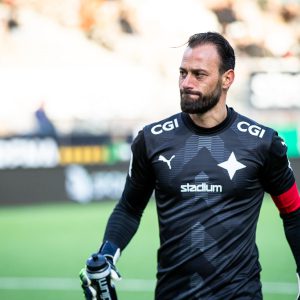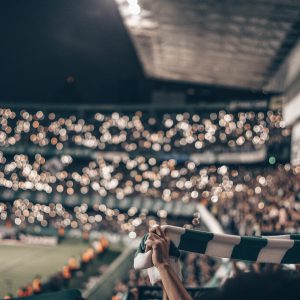

Facundo Quiroga: “Nowadays, players have many more tools to face their opponents”
Facundo Quiroga is a former center-back that earned 16 caps for the Argentina national team and represented top clubs in the international football scene such as Sporting CP, Napoli, Wolfsburg, and River Plate during his professional career.
Currently working as a football coach in Argentina, Quiroga accepted Nuno Milheiro’s invitation for an exclusive interview in which he reflects on his move to Europe as a player and reveals how he decided to become a coach.
First steps and moving to Europe
“I started my football career at a very young age at Newell’s Old Boys in Argentina. I made my debut at the age of 18, played very little at that time, and immigrated quickly to Europe. Fortunately, I was lucky to join a club as important as Sporting CP. At that time, I had a lot of doubts because it was a country and a league I did not know. I spent five years there, and experienced many beautiful things. During that period, I also had a serious injury, but the club was fantastic. They supported me and extended my contract”.
Most challenging players to defend
“I was lucky enough to play in strong leagues in Portugal, Italy, Germany, and Argentina. In each, I have faced players with multiple attributes, skills, and intelligence, and I was lucky to play against very prestigious athletes. In Portugal, there were very difficult strikers to defend, like Mário Jardel – who used to score 50 goals a year. I also remember Elpídio Silva, who played for Boavista FC. He ended up joining Sporting CP, and we became teammates. Simão Sabrosa too. When I went to Italy, I was lucky enough to play against Alessandro Del Piero, Francesco Totti, Zinedine Zidane, Zlatan Ibrahimovic, etc. Thomas Müller in Germany…”.
Tools for players to make better decisions today
“Nowadays, players have many more tools to face the opponents they will find on the pitch. Before, you had very few tools to get to know your rivals. Today, you have video scouting, and football matches are seen everywhere. You have platforms that allow you to analyze player by player, how they move, how they behave inside the pitch, etc. I am not saying things are easier, but these are useful tools. I did not like to face strikers that were permanently moving! If I had one close to me, it would be easier, and I would not worry too much unless he was tall and had a strong header. When I had a striker with great mobility, things would get complicated because I would not know where he was going to be. Today you can see these things beforehand. Even as a coach I like to make individual videos to show players what they will find in the game and give them advices so that they can condition their opponents”.
Becoming a coach
“Honestly, in the final phase of my career, I never thought about becoming a football coach. I wanted to be something else. My second dream in sports has always been motor racing because I have a few drivers in my family. It is something I have pending! I started thinking about something related to football, but I did not know exactly what. Two years before I stopped playing, I remember Beto Acosta saying “get ready to hang up your boots and prepare what to do next because it [the post-carreer] is difficult to assimilate”. Remembering his words and listening to other teammates, I started taking the football coaching license where I finished my career – at All Boys. When you study something, it is because you like it, but you do not know if you will use that knowledge later. When I stopped playing, I must confess that I did not feel well. I have always loved football, and it feels like you have lost a part of yourself. Suddenly, I had a friend who asked me “why don’t you try starting training?”. I tried it once with some kids and conducted a simple session. It ignited something in me, and I felt I could still bring a lot to football as an assistant or head coach”.
References
“Marcelo Bielsa was very influential in my career. He gave me a lot of tools that I still use today as a coach. Also, El Cholo. Diego Simeone is someone who I appreciate a lot due to his conviction, even though some people do not like his style of play”.
The importance of adaptation
“If I was coaching a club in the second division of Portugal, I could not do it like Pep Guardiola. Players are different. Pitches are different. Football is different. It is crucial to first adapt to the league and the squad and then implement the ideas I have in my head. Whoever copies [certain playing styles] always ends up doing things the wrong way”.
Categories
Latest Courses
-
9 Lessons
-
1 Lesson
-
6 Lessons
You May Also Like
-
-
August 1, 2022
-
-
June 3, 2022
-
-
May 26, 2022





